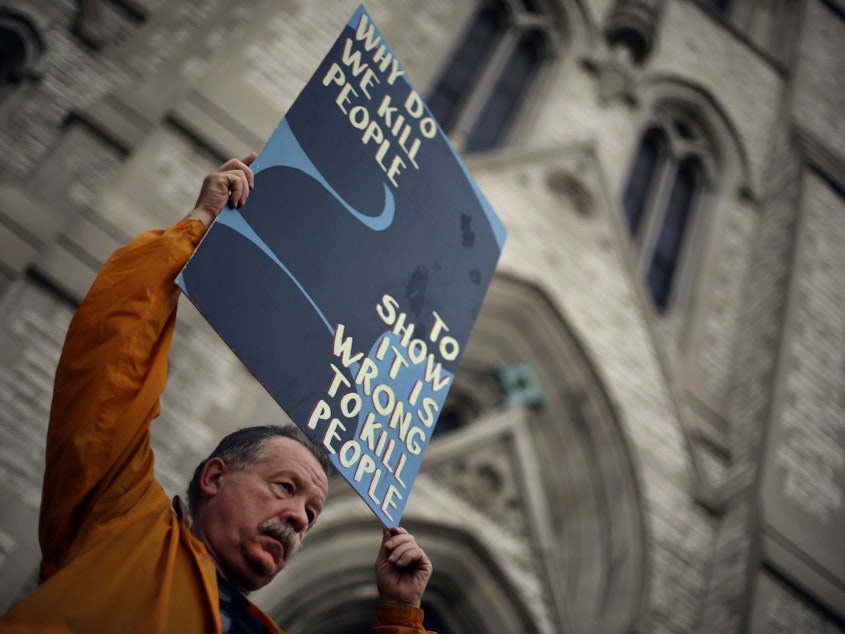Supreme Court Rules Against Death Row Inmate Who Appealed Execution

In a 5-to-4 decision, the Supreme Court ruled against a Missouri death-row inmate, who had appealed his planned execution by lethal injection because of a rare medical condition he has that, his attorneys said, would have caused "cruel and unusual punishment."
The court's conservatives have the majority and ruled against the man, Russell Bucklew. The court's liberals dissented, with Justice Sotomayor writing a separate dissent.
Bucklew was convicted of murder, kidnapping and rape. He was scheduled to be executed in 2014 before his case made it to the Supreme Court.
"There are higher values than ensuring that executions run on time," Sotomayor concluded in her dissent responding to the majority opinion. "If a death sentence or the manner in which it is carried out violates the Constitution, that stain can never come out. Our jurisprudence must remain one of vigilance and care, not one of dismissiveness."
When it comes to the death penalty more broadly, while the court now has a conservative majority, the Democratic presidential primary contenders have gone the opposite direction.
A majority of the country still favors the death penalty, according to Gallup, though an increasing number are opposed to it. [Copyright 2019 NPR]



